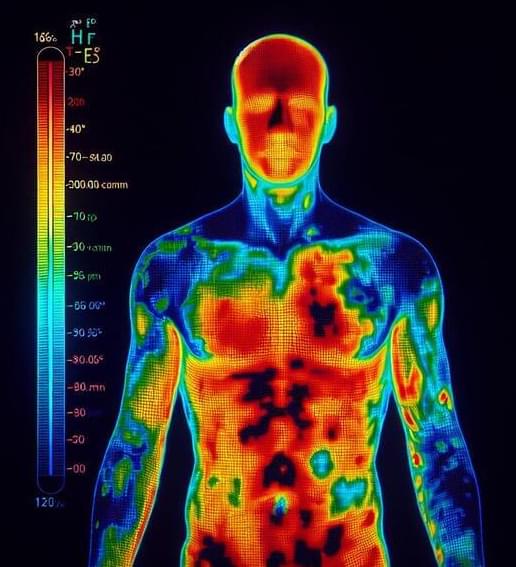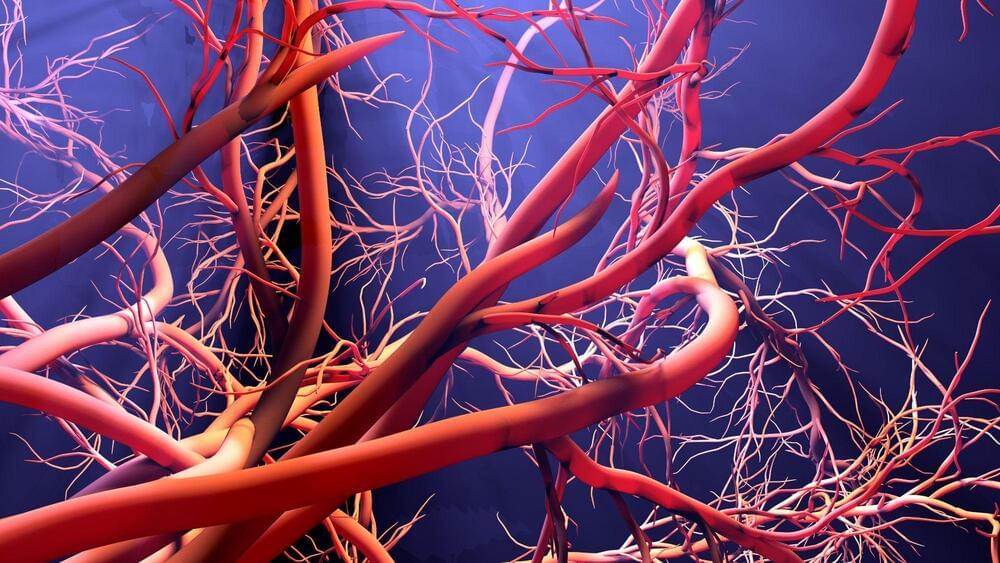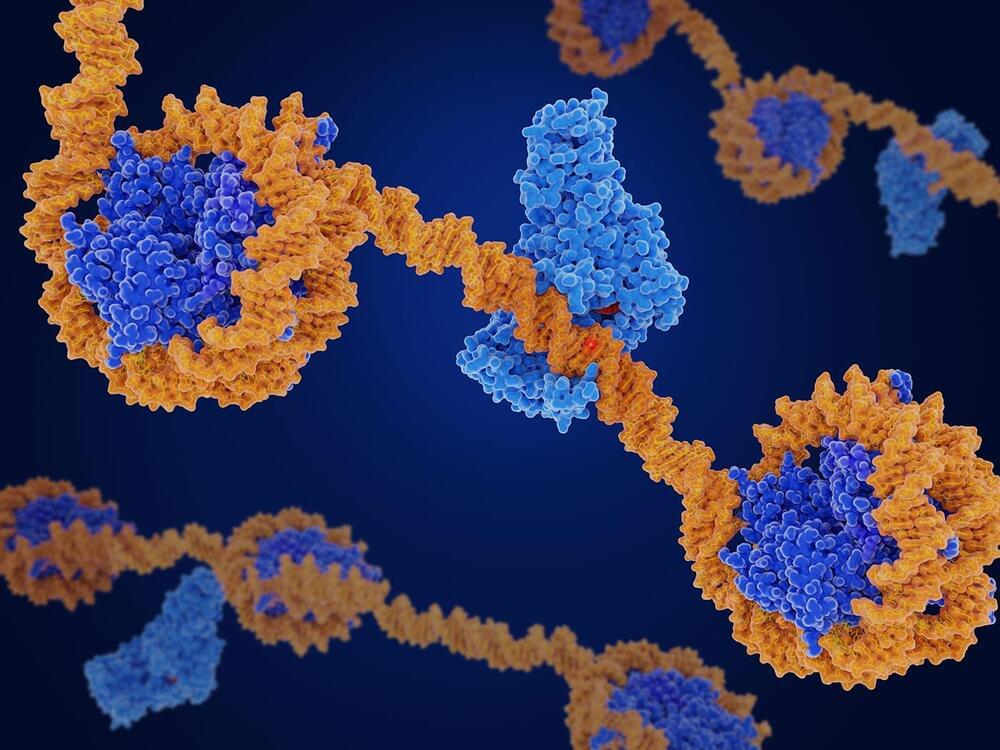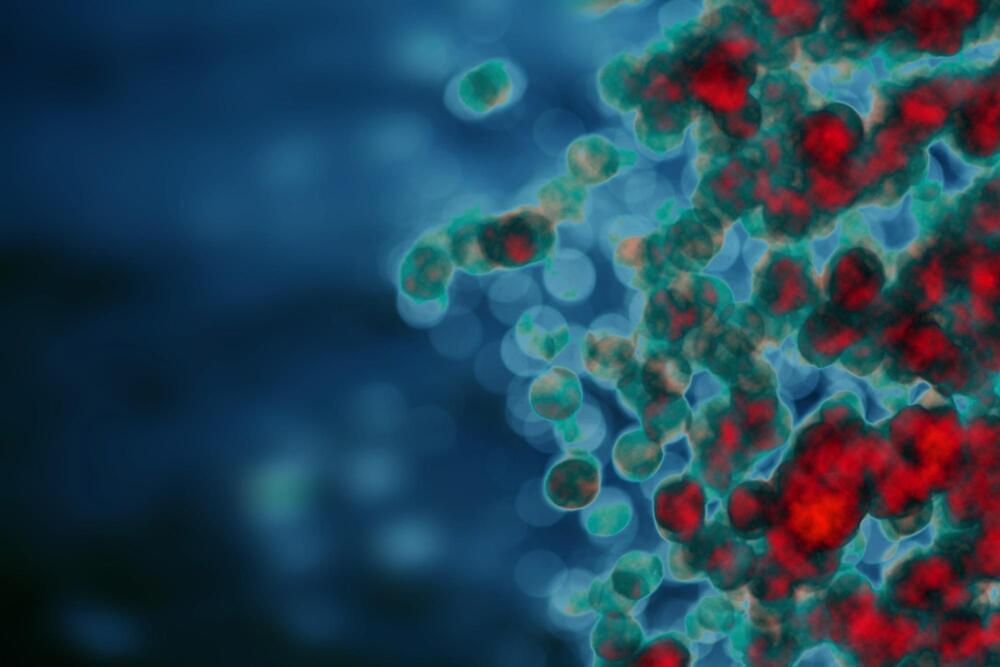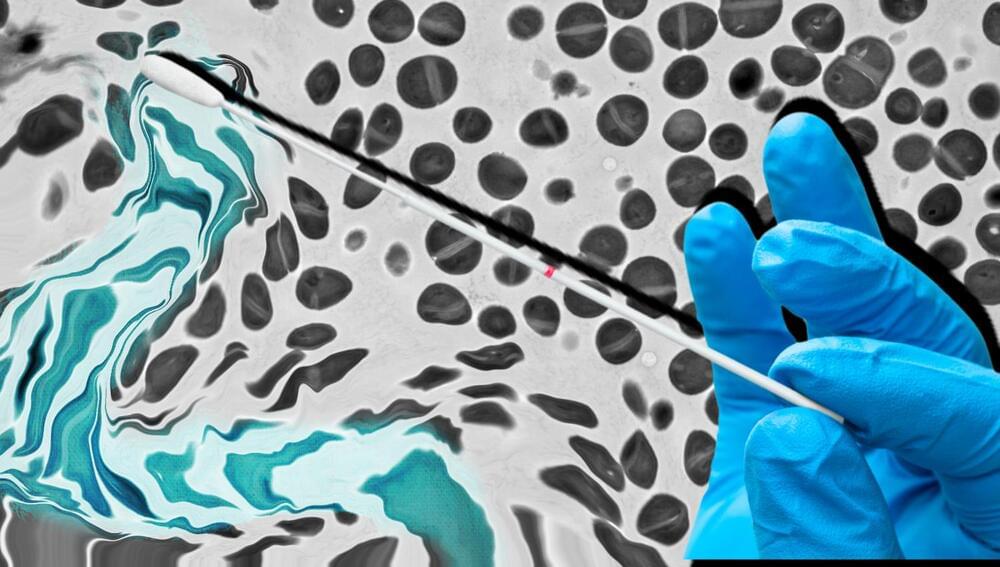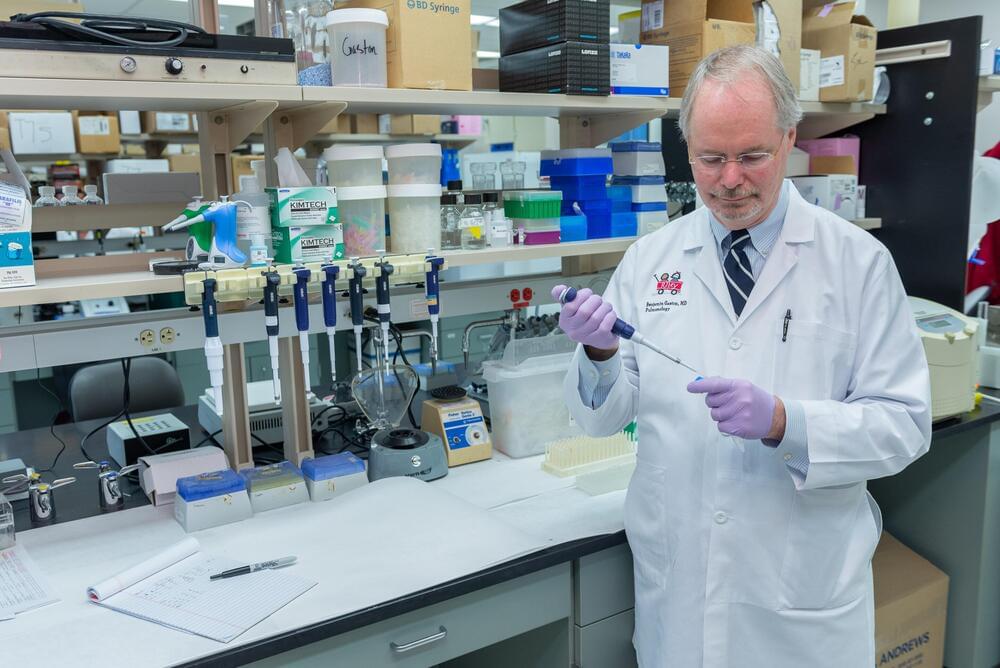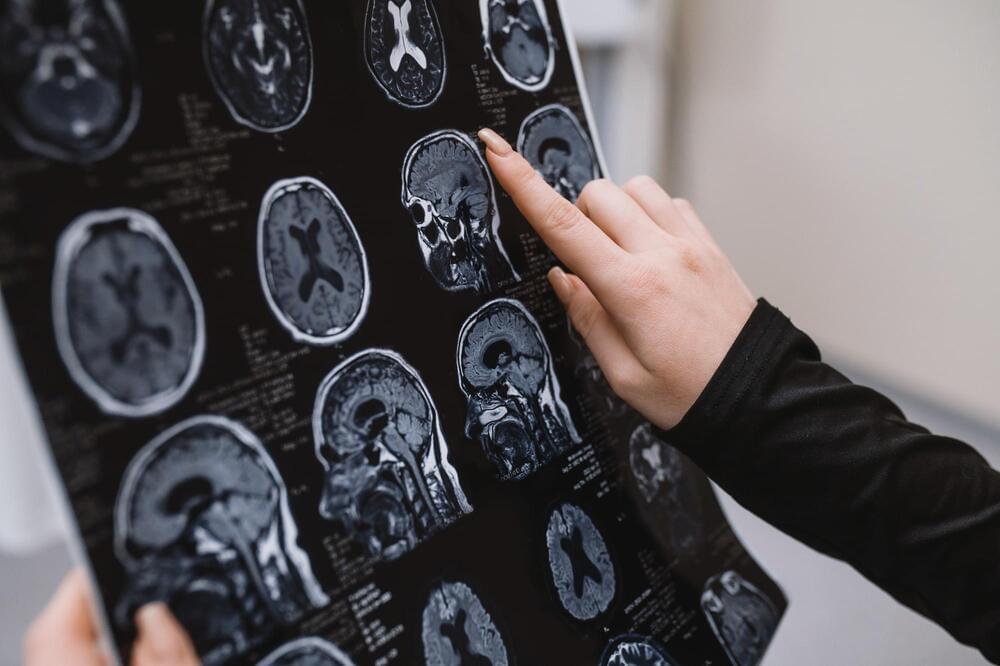Dec 13, 2024
Beyond batteries: Researchers bring body-heat powered wearable devices closer to reality
Posted by Shubham Ghosh Roy in categories: bioengineering, biotech/medical, robotics/AI, wearables
Noting that recent advances in artificial intelligence and the existence of large-scale experimental data about human biology have reached a critical mass, a team of researchers from Stanford University, Genentech, and the Chan-Zuckerberg Initiative says that science has an “unprecedented opportunity” to use artificial intelligence (AI) to create the world’s first virtual human cell. Such a cell would be able to represent and simulate the precise behavior of human biomolecules, cells, and, eventually, tissues and organs.
“Modeling human cells can be considered the holy grail of biology,” said Emma Lundberg, associate professor of bioengineering and of pathology in the schools of Engineering and Medicine at Stanford and a senior author of a new article in the journal Cell proposing a concerted, global effort to create the world’s first AI virtual cell. “AI offers the ability to learn directly from data and to move beyond assumptions and hunches to discover the emergent properties of complex biological systems.”
